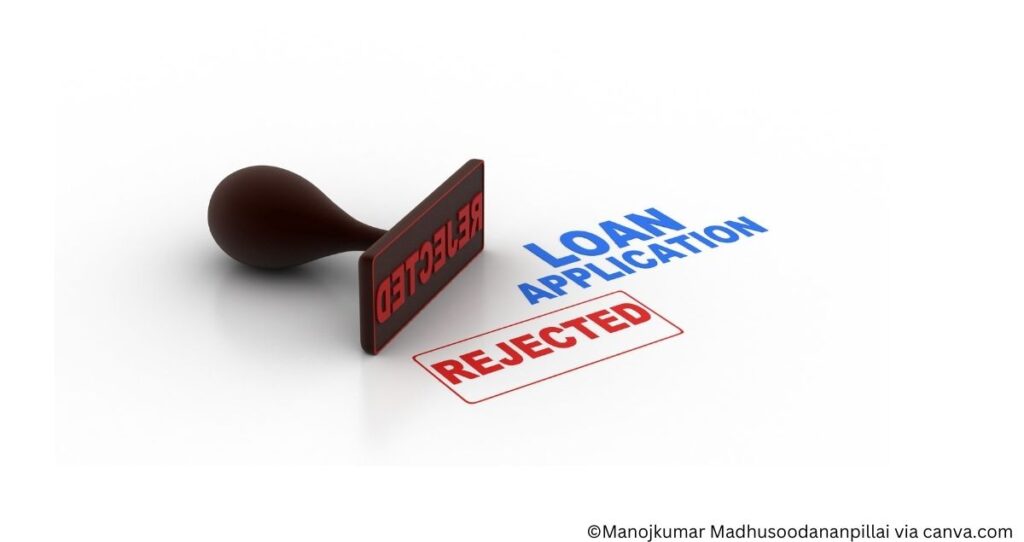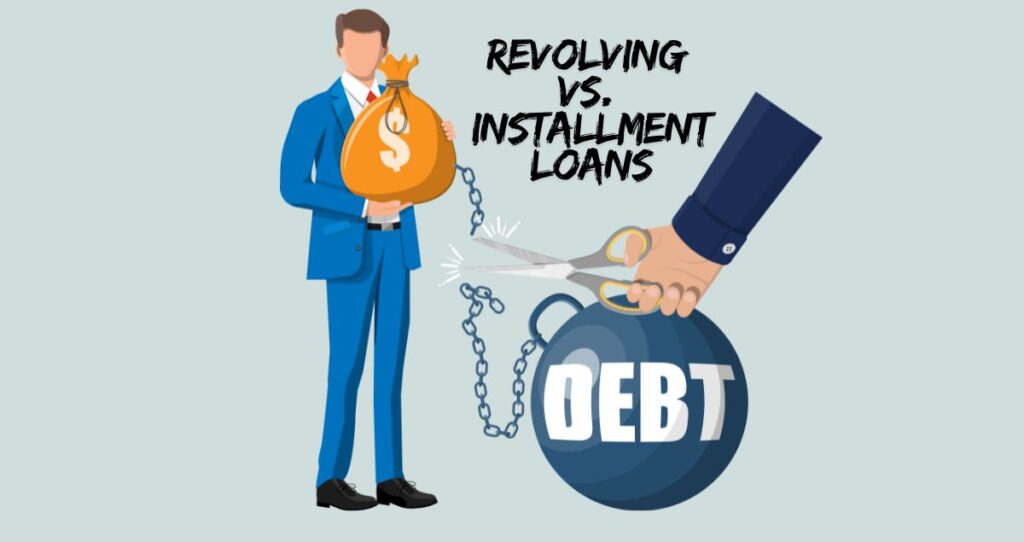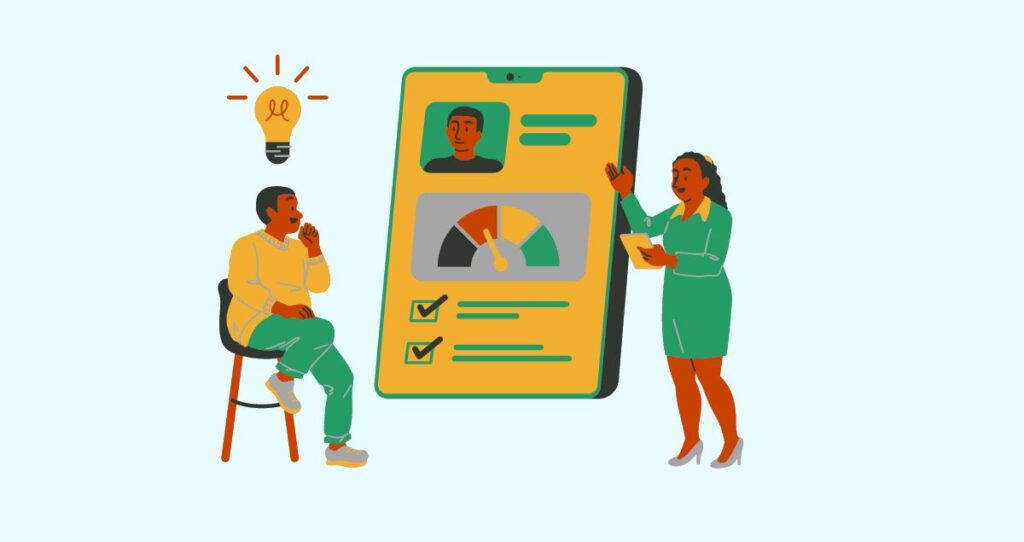When a borrower’s credit information and income do not meet the loan requirements, using a cosigner can help them qualify for loans. A cosigner is a person who puts their name, credit information, and income on the loan application and agrees to pay off the loan if the primary borrower does not make payments or defaults on the loan. Before you agree to cosign a loan for someone, however, there are pros and cons of cosigning a loan you must be aware of.
Without considering the pros and cons of cosigning a loan, you might find yourself in financial difficulties down the road. You also need to be aware of any activities that appear on the cosigner’s credit reports and those that affect credit scores.
Here are the pros and cons of cosigning a loan you need to know if you are planning to support someone.
Important questions to ask yourself before cosigning a loan
Before we dive into the pros and cons of cosigning a loan, here are the most important questions you need to ask yourself and about the person you are supporting.
- How well do you know the borrower?
- Does the borrower have the financial means to pay off the loan?
- Is the loan important and will be useful in improving the situation of the borrower?
- If the borrower does not pay off the loan, will you be able to pay off the loan?
- Are both of you on the same page on the terms and conditions of the loan?
- How do you intend to hold accountable the borrower to ensure on-time payments and avoid defaults?
- How much will I agree to cosign?
- Will cosigning a loan lower my borrowing power?
- How much debt do I have already compared to my income?
How does cosigning a loan work?
When you cosign a loan, you add your information to the loan application and agree to take full responsibility if the primary borrower does not pay the loan. If the primary borrower stops making payments, you must pay the remaining balance until the loan is fully paid off or settled.
Cosigning a loan requires a good credit history, a good credit score, a higher income to cover the loan payments if the borrower stops making payments, and a lower DTI ratio. The loan you cosigned will also appear on your credit report.. Meaning any missed payments can drop your credit score and hurt your credit.
For this reason, you should evaluate the pros and cons of cosigning a loan before you put your name on someone’s loan application.
Pros of cosigning a loan
While cosigning loans comes with hidden financial costs, there are benefits of cosigning for loans that make the risk worth it. As a cosigner, you won’t benefit much as you only put your information on the loan application and do not take ownership of the money.
There are still benefits of cosigning loans in some circumstances.
Here are the pros of cosigning a loan.
Cosigning a loan helps the primary borrower with financial needs
One of the greatest benefits of cosigning a loan is the fulfillment of helping. Cosigning a loan means you use your good name to help someone else access credit, which could have been impossible without your support. Whether it is a family member, a friend, or a parent, cosigning a loan helps someone in need.
For example, if your kids recently graduated college without an established credit history, being their cosigner can help them buy a car loan to drive to their jobs. You could also become a family member’s cosigner to help them qualify for a mortgage or a personal loan.
Cosigning a loan can help you improve your credit
When your name is on the loan application as a cosigner, the loan and payments also appear on your credit reports. For this reason, your credit score will get a boost every time the primary borrower makes on-time payments and similar account activities.
Additionally, having the loan on your credit report will help improve your credit mix which is one of many factors that affects your credit score. These are the direct pros of being a co-signer. But, there is also an indirect benefit of cosigning a loan such as avoiding financial troubles. I will be discussing this benefit next.
Cosigning a loan saves you money indirectly
One of the most overlooked pros of cosigning a loan is that it saves money. Helping a person get access to credit, helps them improve their financial situations. What if the borrower was your child and you refused to be their cosigner? That means your child might not afford what they need such as reliable transportation which can lead to losing their jobs and doing poorly in life.
When a child is in financial distress, the parent usually becomes responsible and offers to help. Whether it is financial or emotional support, it will always come to you if your child does not do well in life. You can avoid all these financial risks and emotional stress by cosigning a loan for your child early on to help them establish a strong financial foundation.
Cons of cosigning a loan
When you cosign a loan, you agree to pay it back if the primary borrower fails to make payments. The game of borrowing and lending comes with the risk of missing payments and defaulting. That is when things start getting ugly and haunt the borrower and the cosigner. Ensure to review the default risk and similar pros and cons of cosigning a loan to avoid financial hardships and jeopardizing your relationships.
Here are the downsides of cosigning loans that most people don’t know about.
Cosigning loans can have the potential to strain relationships
One of the hidden consequences of cosigning loans is that it can lead to strained relationships. If the primary borrower fails to pay off the loan, the responsibilities shift to the cosigner which might affect your relationship with the primary borrower. Imagine putting your name on an application to support another person and having to pay the loan yourself. Much worse, you cannot even claim ownership of the property the money was used to purchase.
I don’t think you will be happy with such a responsibility. This is why cosigning a loan automatically puts your finances and friendships in limbo. Most people never talk to each other for a while. Even if the primary borrower pays off the loan, you might not be comfortable interacting with the primary borrower like you used to before the money got involved.
You will be stuck with the loan
It is difficult to remove yourself from a loan application you cosigned for. Most lenders require one of the following options before your name is removed from the account.
- The primary borrower is re-qualified by the lender
- The primary borrower can pay off the loan in full, or the
- Primary borrowers can refinance the loan for different terms and conditions
If none of these arrangements is made, opting out from the cosigning arrangements might not be an option for you.
Cosigning a loan can hurt your credit
One of the cons of cosigning a loan is that account activities are also reflected on your credit reports, including foreclosure, late payments, repossession, bankruptcy, and collections. These are considered negative items on your credit report and will lower your credit score and stay on your credit for 7 to 10 years.
The risk of not qualifying for a loan yourself
Being a cosigner also means if you need to take out a loan yourself, you might not meet the loan requirements as the loan you cosigned for will also be considered when assessing your creditworthiness. The loan you cosigned for appears on your credit reports and increases your debt-to-income (DTI) ratio. A higher DTI ratio will impact your borrowing eligibility.
What to look for when cosigning a loan?
Before you cosign a loan, evaluate the pros and cons of cosigning a loan. Just like getting a loan for yourself, you must consider the financial constraints and emotional stress related to owing money. Evaluate your financial situation to see if you can pay off the loan if the primary borrower won’t pay off the loan. You must also check if the borrower has the financial means to make payments. If not, cosigning for the loan means you will be the one making payments.
Additionally, take a pic of your friendships/relationships and decide if you will be comfortable moving forward after cosigning the loan. Some people don’t get along when the money is involved. Don’t cosign the loan If you are uncomfortable sharing responsibilities with the primary borrower.
When does it make sense to cosign a loan?
Cosigning a loan makes you equally responsible for the loan. That means you must pay it off if the primary borrower fails to make payments. Before you cosign a loan, consider the pros and cons of a cosigning loan and do it only when it makes sense.
Here are a few instances when it makes sense to cosign a loan.
- The primary borrower is responsible enough to make payments.
- You don’t have too much debt.
- You make enough money to take on the loan responsibility if the primary borrower cannot make payments
- Will the money help improve the life of the primary borrower?
- The loan balance is small
- Both of you understand the implications of signing a loan together and agree on the terms and conditions of the loan.
What happens if the primary borrower does not pay back the loan I cosigned for?
There are times when the primary borrower will fail to make payments. When this happens, the responsibility of the loan will fall onto you unless you act ahead of time to prevent it. As a cosigner, you should ensure the primary borrower pays on time to avoid late payments, wrecking your credit, or making payments out of your pocket.
A great strategy is to ask the borrower to create a budget and make sure they have enough money to meet their monthly loan payments before the due date. The secret is in the planning and following up.
If the primary borrower can’t make payments, act fast and decide what to do with the property. Instead of defaulting, you can sell the property to settle the loan. You can also refinance the loan to make it affordable for the borrower or pay off the balance in full if it is small.
Who should I cosign a loan for?
You can cosign a loan for anyone you choose. However, just because you have good credit, it does not mean you should put your name on every loan application.
You must do your due diligence and support someone responsible enough to pay the loan. Even if you are supporting a family member or a friend, you should not put your name on the loan unless they can make payments. This is because one of the cons of cosigning a loan is the risk of paying it off yourself when the primary borrower fails to make payments. To avoid this risk, agree to cosign a loan for someone you know who carries less risk of defaulting or falling behind on their payments.
Can a collection agency come after a co-signer?
The quick answer is yes, a collector can come after a cosigner if the primary borrower fails to make payments and the account goes into collections. When you cosign a loan, you agree to make payments if the original borrower cannot make the payments or refuses to pay. A cosigner is legally liable for any late payments, fees, interest charges on the loan, and attorney fees if the case goes to court. The cosigner’s and primary borrower’s income may also be garnished if the loan payments are not made.
According to the Federal Trade Commission, some states require creditors to try to collect money from the primary borrower before they collect from the cosigner. In states where this law applies, lenders can remove or cross out the statement that says they can collect from you without trying to collect from the primary borrower first in the notice you will receive.
More credit tips
What is a good credit mix to increase credit score?









